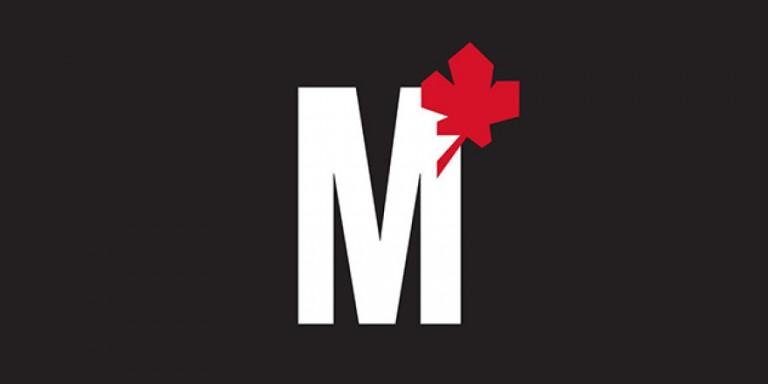Maclean’s earns 17 National Magazine Awards nominations
Writers, editors, designers and photographers were all nominees—and Maclean’s is also up for best magazine

Maclean’s Facebook logo sell
Share
When the National Magazine Awards released the list of finalists for its 2021 awards, Maclean’s was nominated in 13 different categories that honour feature and profile writing, columns, photojournalism and design—every corner of the magazine’s newsroom. Maclean’s is also up for best magazine in the news, business and general interest category.
“This was a year when current affairs magazines really had to step up,” said Alison Uncles, Maclean’s Editor-in-
Scroll down to see the work that was nominated by the judges, our peers who work across the industry.
In the wake of George Floyd’s killing, Maclean’s asked Black Canadian writers Desmond Cole, Andray Domise, Esi Edugyan, Lawrence Hill,Sandy Hudson, Eternity Martis, Rinaldo Walcott and Ian Williams to pen open letters to America addressing the recent upheaval and the task of confronting racism that—deny it as some Canadians might—persists in their own country.
That collection of letters was nominated for best editorial package, and our July 2020 issue was nominated for issue grand prix.
As Canada struggled through a punishing first wave of the COVID-19 pandemic, the cover of our June 2020 issue reflected the stark images in hospitals across the country.
The cover produced by art director Stephen Gregory, director of photography Liz Sullivan and photographer Dawn Lim, which captured a scene at Toronto General Hospital a month into the pandemic, is nominated for cover grand prix.
Six feature stories were nominated across various writing categories.
Paul Wells’s deep dive into the doomed 30-year battle to stop the pandemic is up for long-form feature writing that runs at least 6,000 words. Sarmishta Subramanian’s exploration of the end of economic growth as we know it is a finalist in long-form feature writing. Three features are in the running, including two written by Christina Frangou: “A whole new kind of grief“, on how the pandemic has disrupted death and mourning in ways we don’t yet understand; and “Stealing time“, on how strict COVID-19 protocols left seniors lonely and depressed.
Emily Baron Cadloff is also nominated for her look at how the tiny town of Portapique, N.S., hopes to recover from its horrifying moment as the epicentre of Canada’s worst mass shooting.
Finally, Stephen Maher’s stirring defence of Canada’s equalization system is nominated for short feature.
Paul Wells netted a second nomination for his columns, including a forceful demand that governments in Ottawa and Nova Scotia stop dithering and appoint an independent public inquiry into the massacre at Portapique.
Four Maclean’s writers earned nods for profile writing. Jason Markusoff penned a definitive look at the troubled third term of Calgary Mayor Naheed Nenshi. Shannon Proudfoot and Nadine Yousif showed readers how Abbas Saadat coped with the tragic loss of his wife and two daughters aboard Ukrainian International Airlines Flight PS752. Leah McLaren tracked down Mark Carney in the final days of his tenure as governor of the Bank of England and quizzed him on his future back in Canada.
Our December 2020 cover story told the tale of Thomas Chan, who at 19 years of age killed his father—and whose case was headed to the Supreme Court in one of the most polarizing legal challenges in a generation. Photographer Clay Stang’s work is nominated for portrait photography.
Last summer, Tom Cheney wrote about the plight of North Atlantic right whales. When they migrated north for summer feeding, pandemic restrictions hampered critical research—but could also have helped keep the whales alive. Nick Hawkins captured unforgettable images that are nominated for photo essay and photo journalism.
Jason Markusoff visited a block of Edmonton’s Whyte Avenue that would normally be bustling to tell the tale of how small businesses were faring in the middle of a pandemic. He found as many stories as there were storefronts. Amber Bracken shot the photos, which were retouched by Drew Maynard. Their work is nominated for one-of-a-kind storytelling.